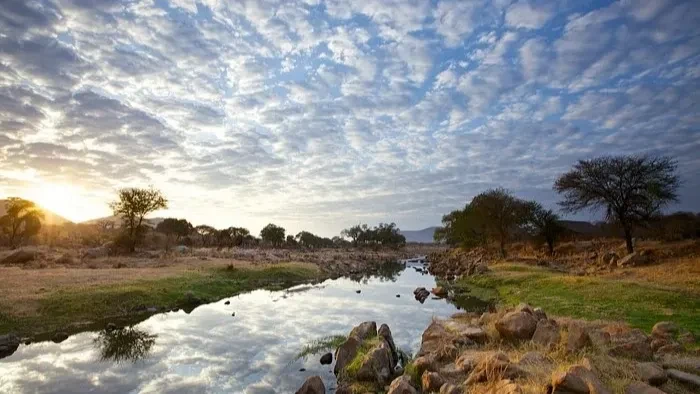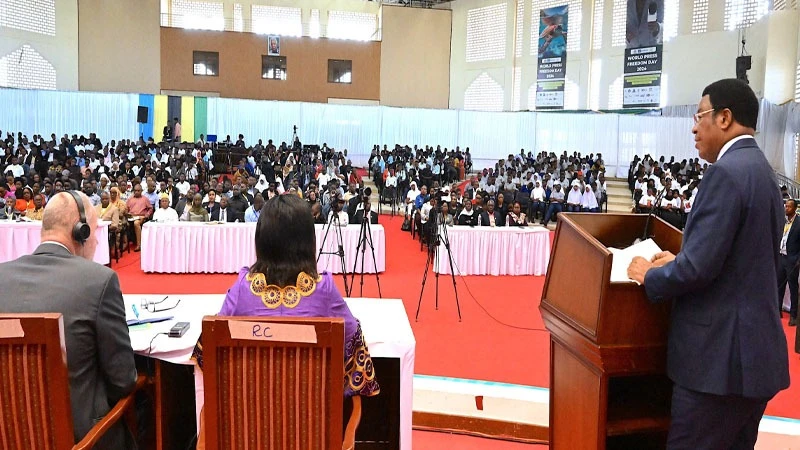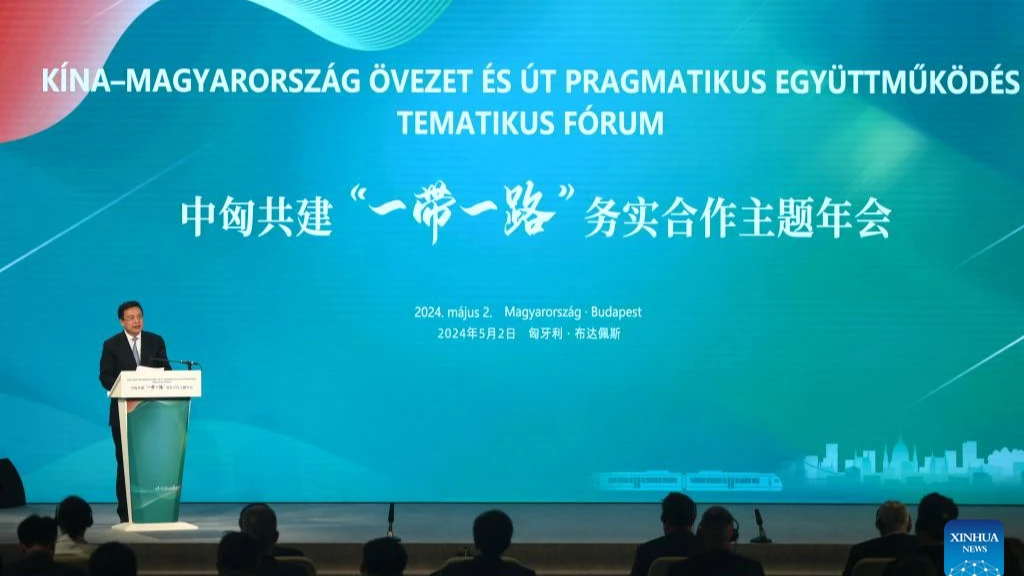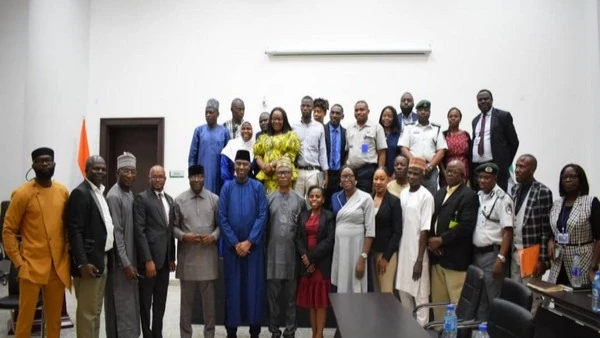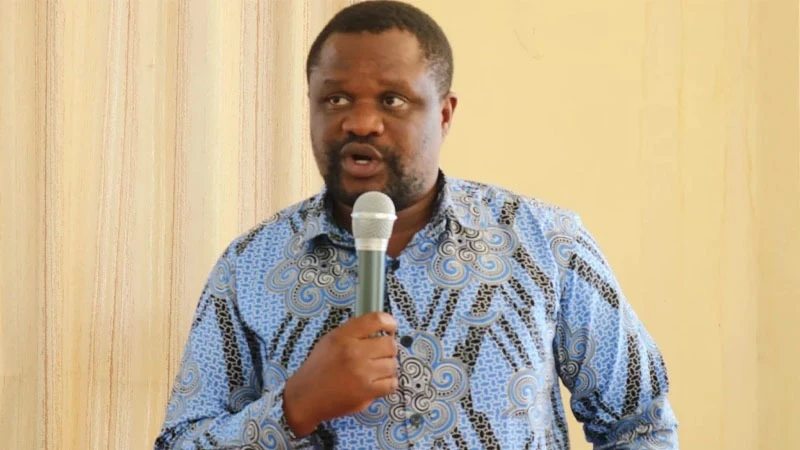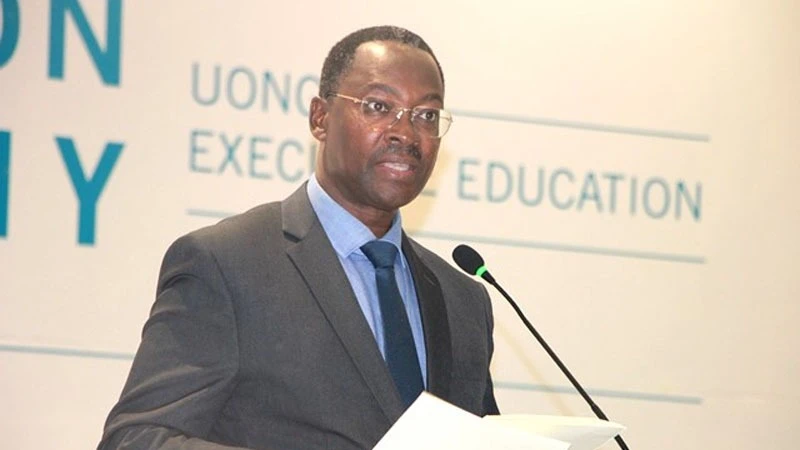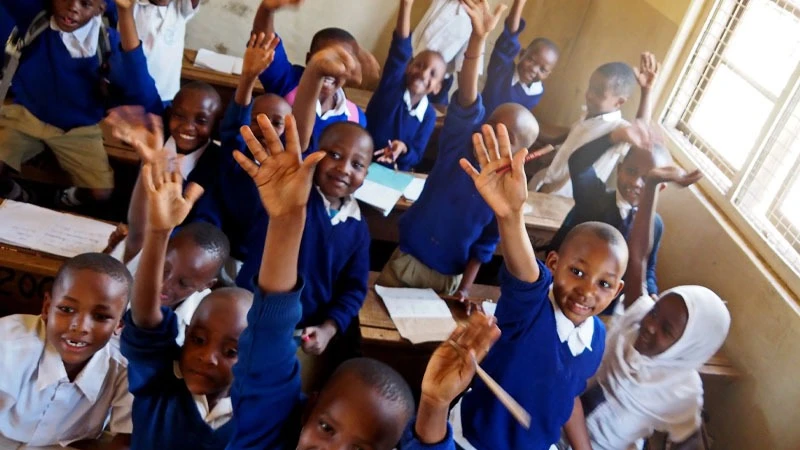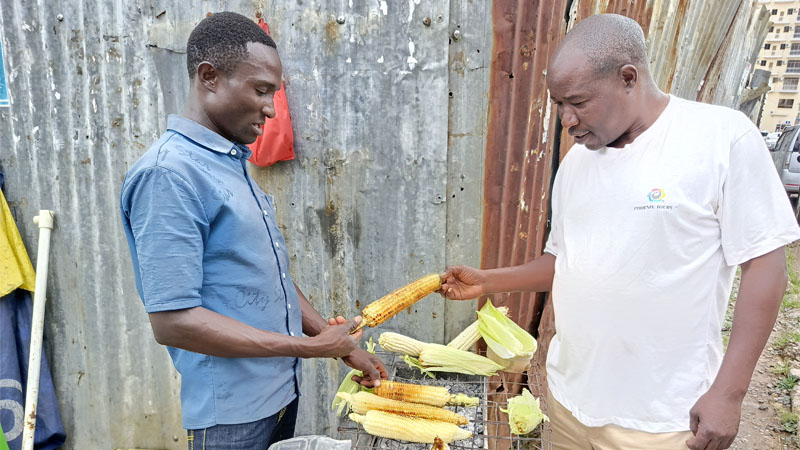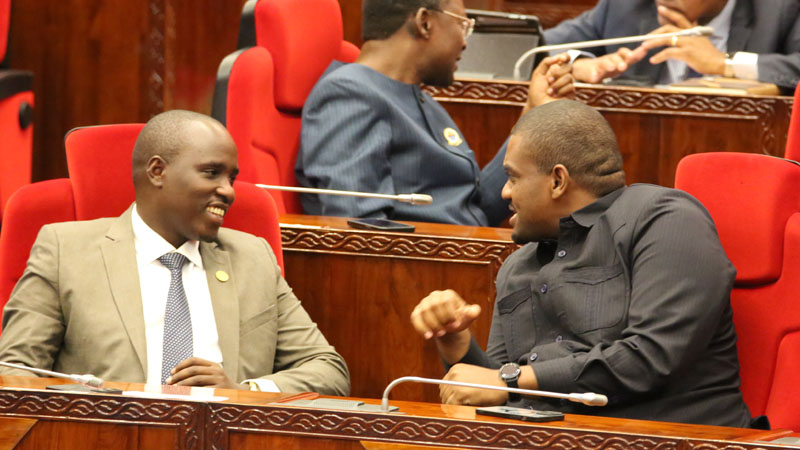Over 100 public institutions switch to clean energy for cooking
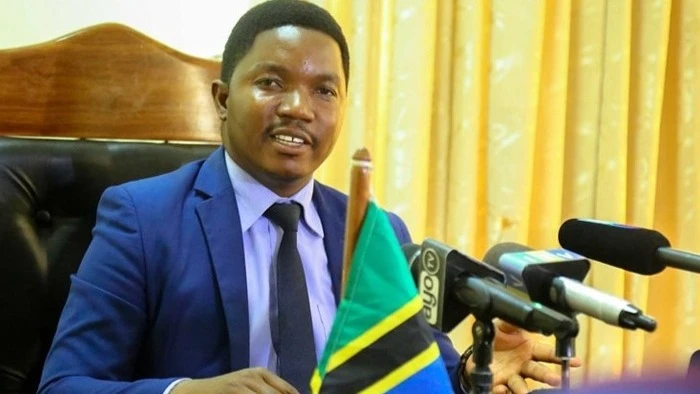
A TOTAL of 169 public institutions that feed more than 100 people at a time have complied with the government’s directive of not using firewood and charcoal as main energy sources.
Dr Selemani Jafo, Minister of State in the Vice President’s Office (Union and Environment) said this yesterday in the National Assembly while tabling the 2023/24 financial year budget.
He said that during the financial year 2023/24, the government issued a ban on public institutions that feed more than 100 people to stop using firewood and charcoal and use clean energy for cooking by January, 2024.
He said government institutions that stopped using firewood and charcoal and started using clean energy for cooking include 30 teachers’ training colleges, 51 community development colleges, eight vocational education training colleges, 76 prisons out of 129 and four colleges run by prisons.
According to him, other institutions that are in various stages of investment in clean energy for cooking include hospitals, health centers, primary and secondary schools, Fire and Rescue Force and institutions managed by the Ministry of Defence.
"I encourage all institutions that still use firewood and charcoal to continue investing in the use of clean energy for cooking. In addition, I ask private institutions that feed more than 100 people to start using clean cooking energy to save our environment and protect the health of the communities," he said.
In another development, Dr Jafo said assessment of the floods and mudslides that occurred in Katesh, Manyara Region revealed that the landslides were caused by geological phenomenon on Mount Hanang which is formed by weak rock.
He said the landslides that occurred in Hanang District were due to the rock being overwhelmed by heavy rains that fell in a short period of time and caused slides of mud, trees and stones.
In addition, he said the assessment revealed that unsustainable human activities taking place on the side of the mountain have contributed to the destruction of natural vegetation and thus increases the ease of rocks falling from the mountain.
Regarding the priorities of the new budget, Dr Jafo said that in ensuring sustainable conservation of the environment, for the year 2024/25, Vice President’s Office has planned to coordinate implementation of the National Environmental Policy 2021 and the Environmental Management Act, Chapter 191.
Also, the office is overseeing implementation of the National Master Plan for Conservation and Environmental Management (2022 - 2032) and taking measures to reduce environmental damage, strengthening the coordination and implementation of environmental conservation issues in sectoral ministries, regional secretariats and local government authorities.
Top Headlines
© 2024 IPPMEDIA.COM. ALL RIGHTS RESERVED





